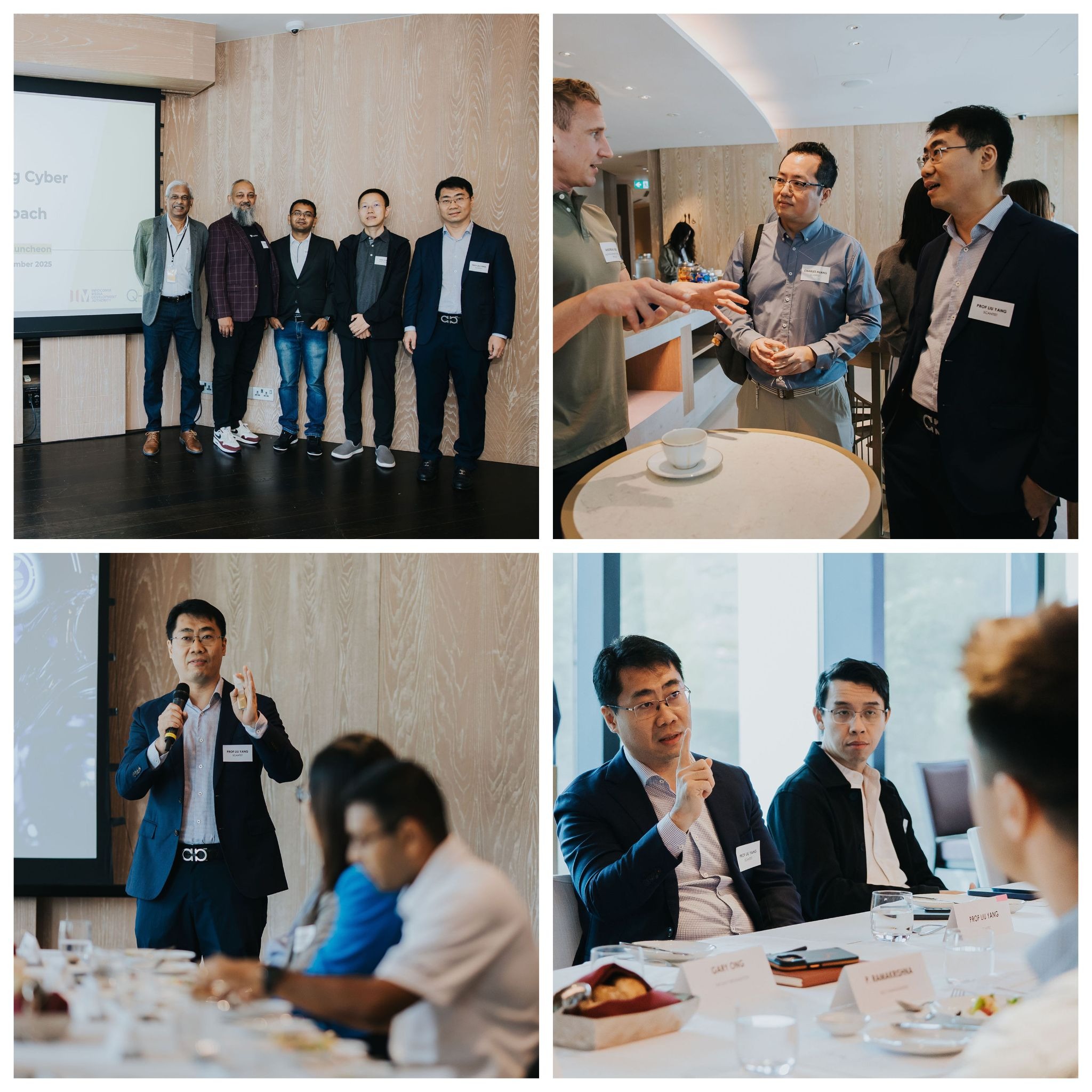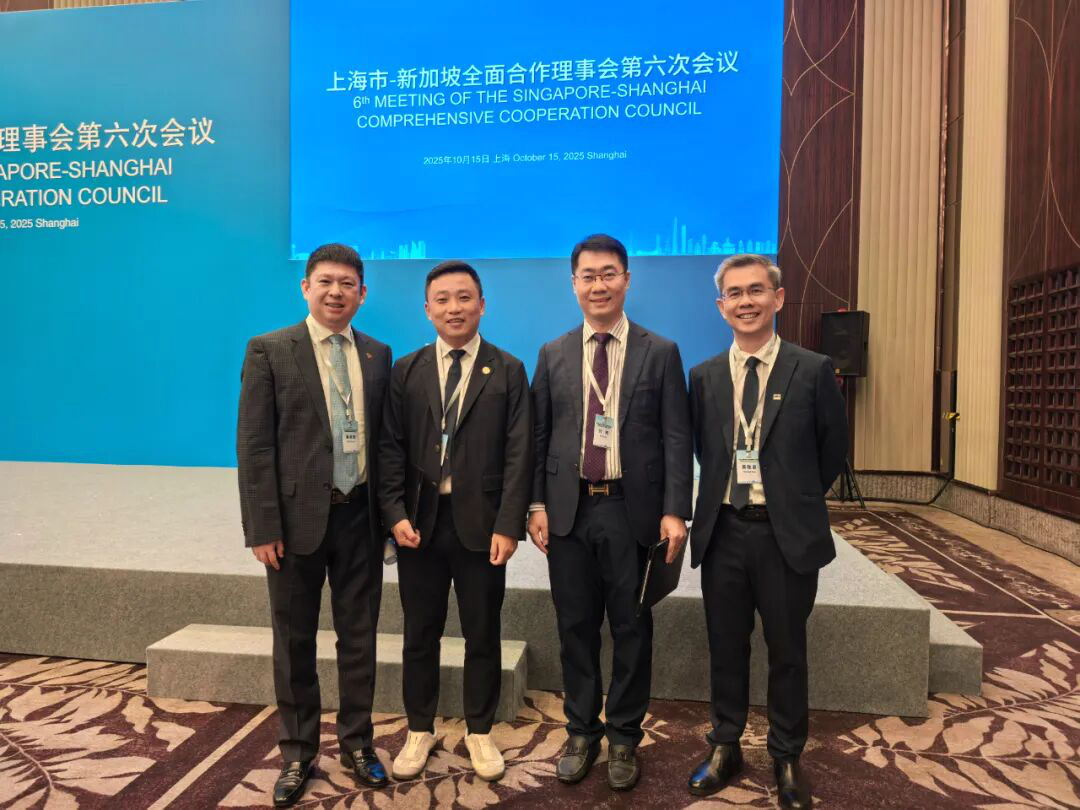SINGAPORE – November 4, 2025 – As artificial intelligence continues to reshape the digital landscape, its impact on cybersecurity presents both unprecedented opportunities and complex challenges. Addressing this critical duality, Professor Liu Yang, Co-founder of Scantist, was a featured speaker at an exclusive interactive discussion, "IMDA x QED: Thriving in the Evolving Cyber Threat Landscape," held in Singapore.
The high-level session, co-hosted by the Infocomm Media Development Authority (IMDA) and the QED Changemaker Network, brought together key enterprise decision-makers, including CISOs and CIOs, to explore a resilience-first approach to security in the AI age.
Professor Liu shared his expert insights, addressing the most pressing questions facing organizations today. His discussion provided a strategic framework for navigating the evolving threat landscape, grounded in Scantist’s pioneering work in Application and AI Supply Chain Security.

Applying AI Agents to Fortify Cyber Defenses
Professor Liu first tackled the offensive application of AI in security, addressing the question: “How can AI agents be effectively applied to existing critical cybersecurity domains—such as penetration testing, threat hunting, or vulnerability management?”
He explained that AI agents are transforming these domains by automating complex offensive security tasks. This is the core principle behind Scantist's PAIStrike, an automated agentic penetration testing tool. PAIStrike uses intelligent "red team" agents to automatically perform end-to-end penetration testing, simulating the actions of a professional hacker to uncover vulnerabilities before they can be exploited.
Securing AI Systems from Inherent Risks
Shifting focus to the defensive side, Professor Liu explored the security of AI itself, answering: “What strategies should organizations adopt to identify, monitor, and mitigate security risks within AI systems themselves—including model integrity, data poisoning, and misuse of generative outputs?”
He highlighted that as organizations increasingly deploy Large Language Models (LLMs), they expose themselves to a new class of threats. To counter this, a new layer of defense is essential. Scantist’s AI Defender was presented as a purpose-built solution, acting as a security gateway for enterprise AI. It enforces policies, prevents prompt injection and data leakage, and ensures model integrity, aligning with frameworks like the OWASP LLM Top 10 to help organizations deploy AI confidently and securely.
Rethinking Software Dependency in Resilience Planning
Finally, Professor Liu addressed the foundational issue of software supply chain resilience with the question: “How should organisations rethink third-party and software dependency risks in their resilience planning?”
He emphasized that in the current landscape, where a single open-source vulnerability can have cascading consequences, resilience starts with deep visibility and control. Organizations must rethink dependency risk by adopting a holistic approach. Scantist’s AppDefender empowers this shift by providing a comprehensive DevSecOps platform with deep binary analysis and automated vulnerability profiling, enabling organizations to proactively manage dependency risks across the entire software development lifecycle and build true, lasting cyber resilience.
Professor Liu’s participation in this key event underscores Scantist's commitment to thought leadership and its central role in building a foundation of digital trust for the AI-driven future.



.png)
